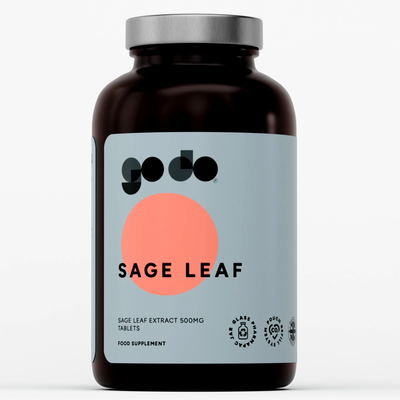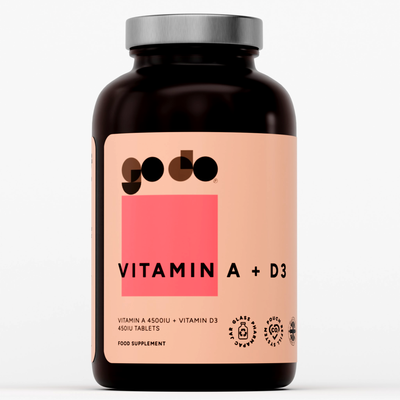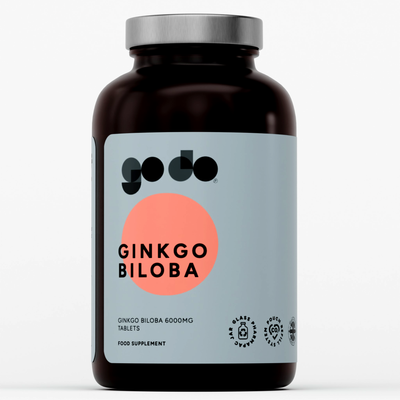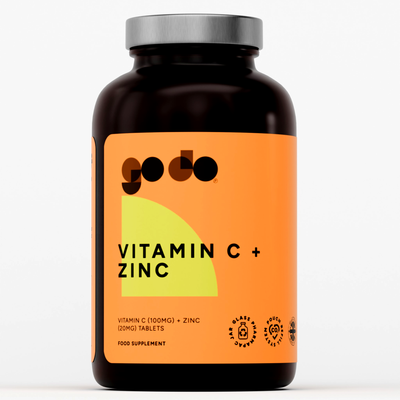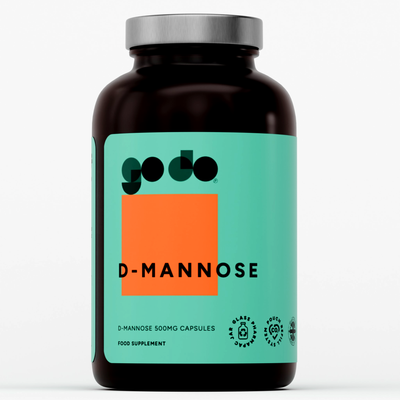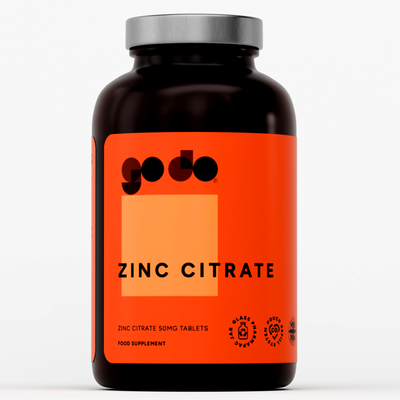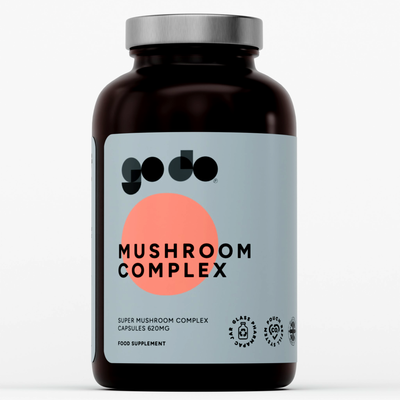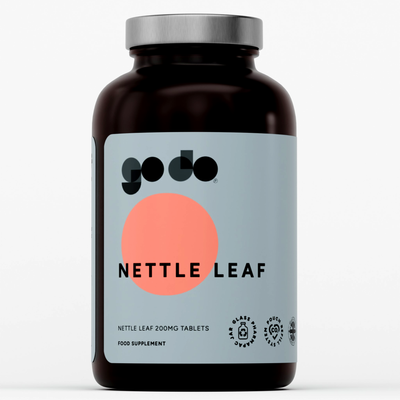If you’ve ever purchased a vitamin supplement, chances are that you’ve encountered both the metric system (milligrams) as well as a unit of measure known as “IU.” Here’s what you need to know about IU so that you can make informed purchases in the future.
IU overview
IU stands for international units. This is a globally accepted measure that determines the biological activity of certain fat-soluble vitamins, hormones, and enzymes. The UI measurement of a product is based on its potency by volume.
A product’s IU measurement describes the biological effect that a dose will have on the body. Though IU can be converted to metric units, conversion factors are often product specific.
Use of international units dates back to the early 1900s. A publication titled International Conference for the Unification of the Formulae of Potent Medicaments outlined the conversion factors for various vitamins.
This information created a standard database that was used by doctors and consumers to ensure safe vitamin usage.
Why IU is useful
International units are beneficial because vitamins are available in several forms. For instance, vitamin A can be bought as beta-carotene or as retinol. Vitamin E is sold as both dl-alpha-tocopherol and d-alpha-tocopherol.
Different forms of the same vitamin have different biological activity levels. This means that varying amounts of each form is needed to achieve the same effect.
Because of this, it’s not possible to standardized doses based on a vitamin’s weight. In this instance, IU are used because they identify standard doses that are needed to achieve the same effect.
In turn, consumers can take supplements without the fear of taking too high of a dosage.
Which products are measured in IU?
Not all products are measured in international units. The measurement is usually reserved for fat-soluble vitamins, hormones, enzymes, and certain medications. Common products measured in IU include:
- Vitamins A, D, E, and K
- Vaccines
- Insulin
- Oxytocin
Be aware that not all vitamins and drugs are measured in IU. Other vitamins, like vitamin C and B12 are measured using milligrams or micrograms.

